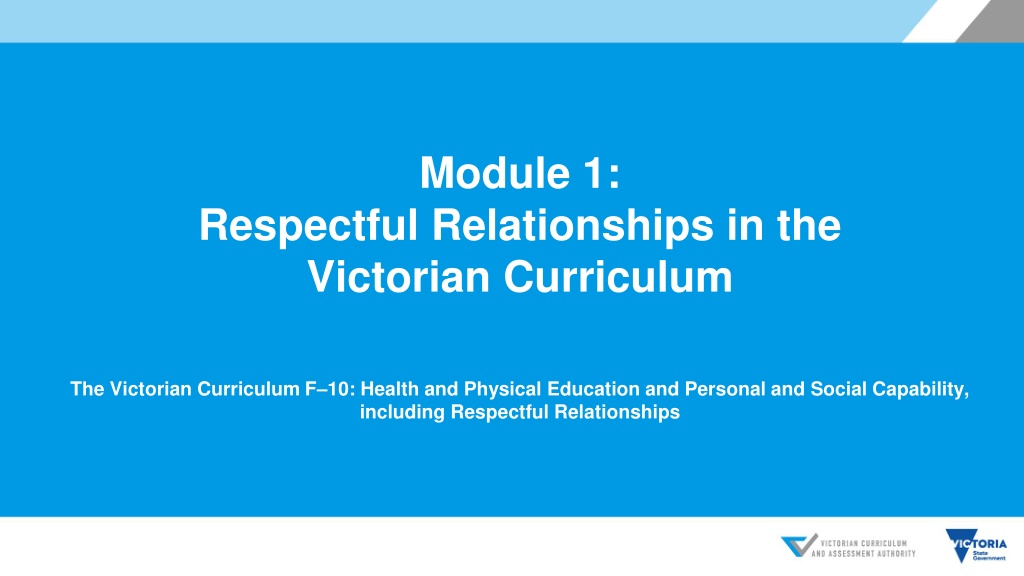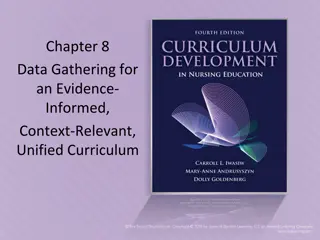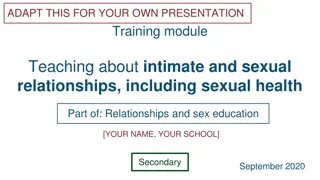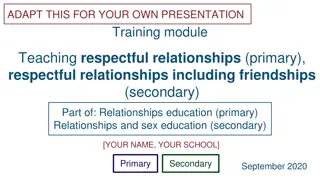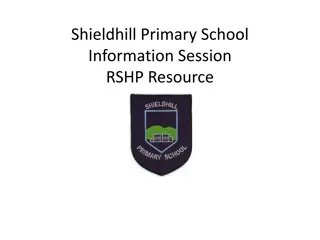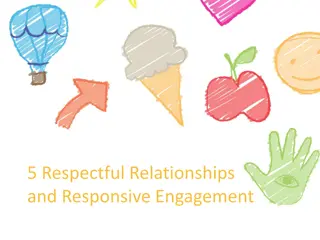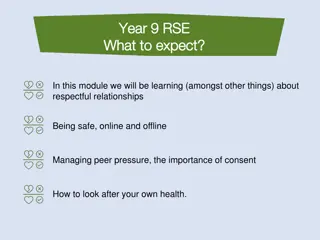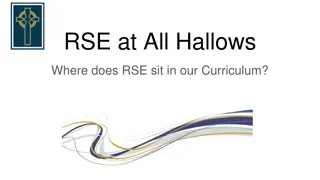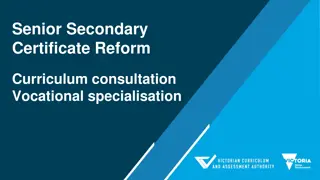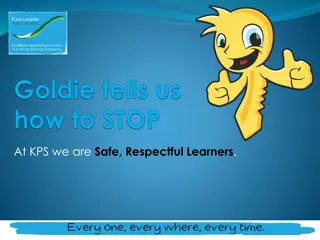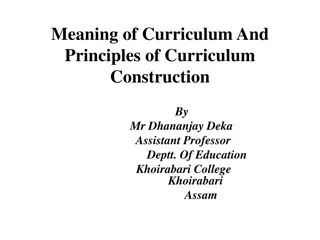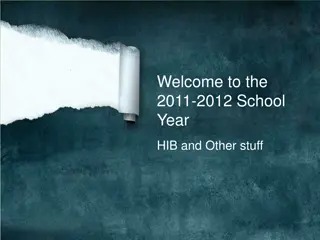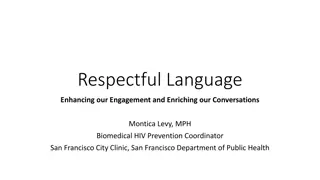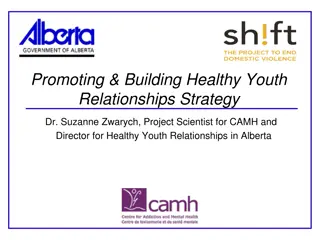Understanding Respectful Relationships in School Curriculum
Respectful Relationships Education in schools aims to prevent gender-based violence by promoting respect and challenging gender stereotypes. It focuses on changing attitudes in young people to foster healthy, non-violent relationships. The curriculum encourages a whole-school approach in teaching and learning programs, emphasizing the importance of addressing gender roles and violence prevention among children and youth.
Download Presentation

Please find below an Image/Link to download the presentation.
The content on the website is provided AS IS for your information and personal use only. It may not be sold, licensed, or shared on other websites without obtaining consent from the author. Download presentation by click this link. If you encounter any issues during the download, it is possible that the publisher has removed the file from their server.
E N D
Presentation Transcript
Module 1: Respectful Relationships in the Victorian Curriculum The Victorian Curriculum F 10: Health and Physical Education and Personal and Social Capability, including Respectful Relationships
Respectful Relationships Respectful Relationships education is the holistic approach to school-based, primary prevention of gender-based violence. It uses the education system as a catalyst for generational and cultural change by engaging schools, as both educational institutions and workplaces, to comprehensively address the drivers of gender-based violence and create a future free from such violence. Our Watch Victoria, Respectful Relationships Education in Schools: Evidence Paper, December 2015
Why teach Respectful Relationships? Royal Commission into Family Violence: Evidence is clear that a contributor to gender-based and family violence is strict adherence to gender roles, and gender stereotyping. The aim of Respectful Relationships is to change these attitudes in young people, so that as they enter into intimate relationships they are less likely to engage in gender- based or family violence. Respectful Relationships as school-based primary prevention has been a strong focus of the Royal Commission into Family Violence. Royal commission into Family Violence, 2015, recommendation 189
Why teach Respectful Relationships? There are five powerful reasons to focus efforts on young people: Adolescence is a crucial period in terms of the formation of respectful, non-violent relationships. Many children and young people experience violence in their homes. Young people are already being subjected to, and perpetrating, violence themselves. There is already a degree of tolerance for violence against girls and women. Violence prevention among children and youth has been shown to work. Source: DEECD 2009, Respectful Relationships Education
Curriculum planning Schools can decide how to structure their teaching and learning program. Content descriptions across the learning areas and capabilities can be combined to create teaching and learning programs. Schools will design teaching and learning programs to: reflect local resources, expertise and contexts, and allow for specialisation and innovation ensure every student has the opportunity to learn the knowledge, understandings and skills defined in the curriculum
Curriculum planning Respectful Relationships A teaching and learning program for respectful relationships may include: the importance of a range of social relationships, including within families, peer groups and the community identifying and managing emotional responses in a range of contexts developing knowledge and skills to promote safe and respectful relationships.
How will Respectful Relationships fit? Audit what is already being taught Completing a curriculum audit will ensure that what is being taught can be identified Missing elements and double-ups will also be identified
Where can Respectful Relationships be taught? Respectful Relationships can be taught in many areas of the school: Health and Physical Education Personal and Social Capability English Humanities Legal Studies Media Studies Pastoral care groups
Curriculum connections Learning in Personal and Social Capability is strongly connected to many other areas of the curriculum, especially those that explore human relationships. Health and Physical Education, in particular, enables students to develop knowledge of and recognition of personal qualities, awareness of identity, and the establishment and maintenance of respectful relationships.
Curriculum areas Respectful Relationships can be taught in other subject areas and in pastoral care. By teaching respectful relationships across multiple curriculum areas, the whole-school approach is supported and the benefits are maximised. Go to the FAQ on the VCAA website for examples of where Respectful Relationships could be included in different curriculum areas and its place in pastoral care.
To summarise Respectful relationships is a whole school approach to tackling violence, particularly gender-based violence. A whole school approach will adopt the 6 focus areas shown on slide 5 Integration into the curriculum in different subject areas will maximise the impact. All schools should map the curriculum and then include respectful relationships material as best suits their community.
Heather Kearle VCAA Specialist Teacher Health Education and Personal and Social Capability, including Respectful Relationships
